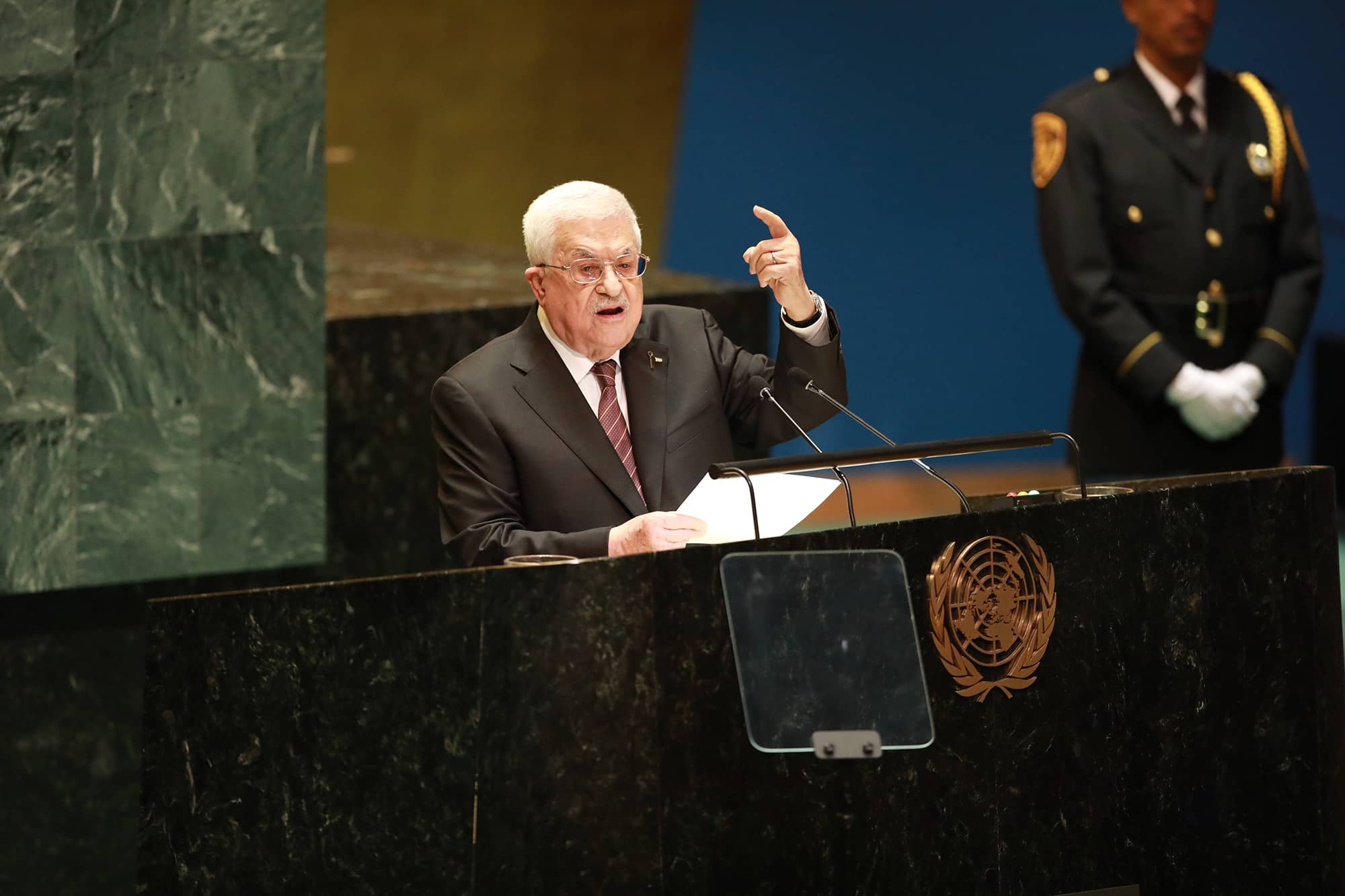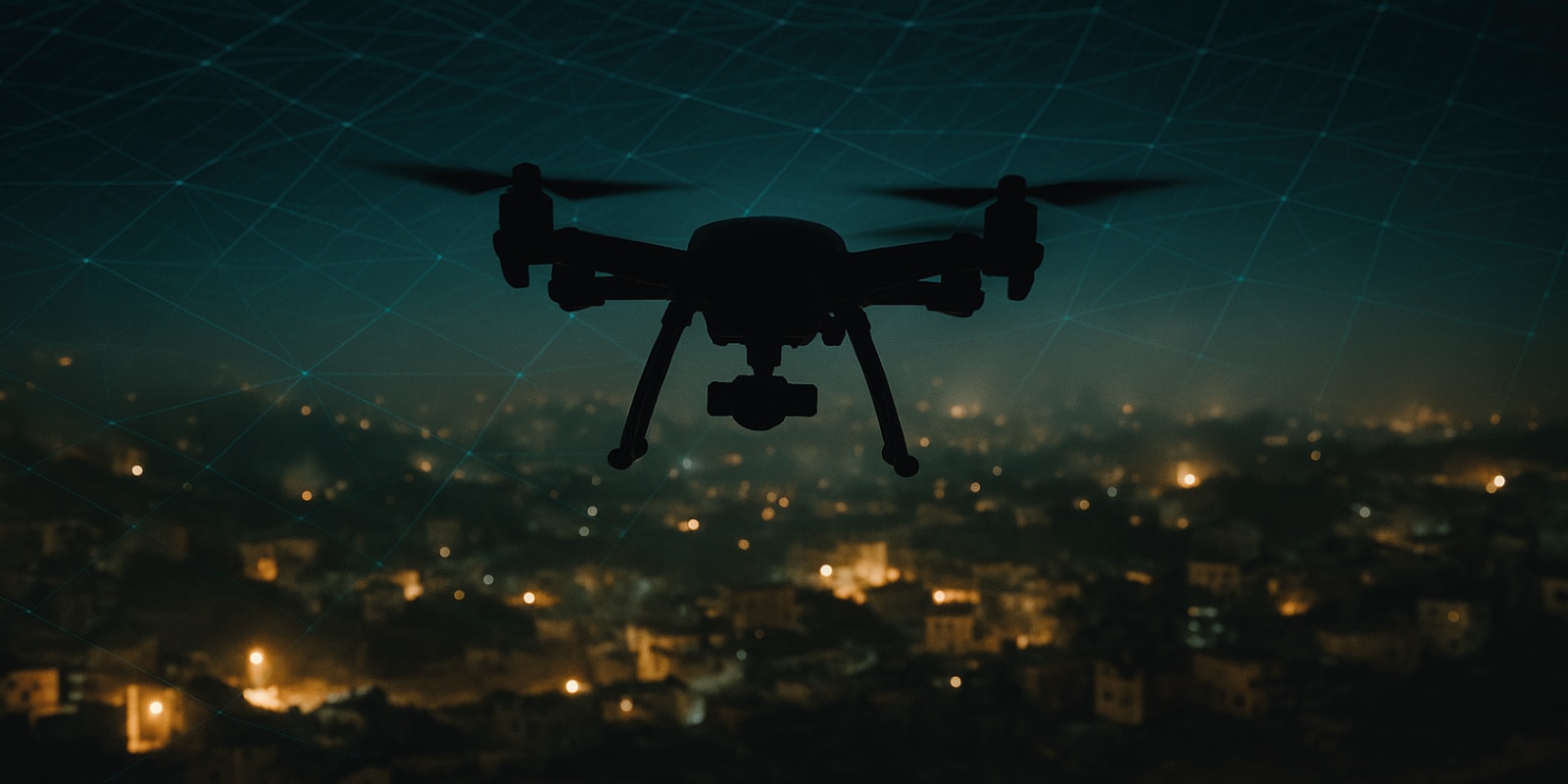The Iran-Israel war became increasingly inevitable as the Islamic Republic progressed with its nuclear program while continuing to issue statements —at the highest levels —of its genocidal intent toward the Jewish state. The acceleration of Iran’s weaponization project left Israel little choice but to activate its preventive military plans. The war began with an impressive Israeli strike. Despite being engaged on multiple fronts, Israel’s ability to project power effectively over large distances was clearly demonstrated, further enhancing its deterrence.
Ironically, the current war started with the barbaric October 7, 2023 attack by Hamas, an Iranian proxy, which has since paid a heavy price. Hezbollah, Tehran’s main proxy, was also severely weakened, prompting the fall of the Assad regime in Syria – another Iranian loss. Iran twice chose to intervene directly with missile barrages against Israel in March and October 2024. In response, the Israeli Air Force incapacitated Iran’s air defense systems. In the wake of those strikes, Iran’s skies were left vulnerable, and its proxies unable to exact a price from Israel. An Israeli attack on Iran’s nuclear infrastructure was only a question of time.
Operation Rising Lion has so far primarily targeted Iran’s nuclear and ballistic missile programs to eliminate the existential threat posed to Israel by Iran. It succeeded in decapitating the senior leadership of Iran’s army and the Revolutionary Guards in an attempt to create confusion at the command level and delay an organized response. A large part of Iran’s nuclear infrastructure lies in ruins. Fordow, Iran’s main enrichment facility, remains operational and further efforts are required to render it non-functional. However, every installation has an access point through which commandos can enter to complete the job. One of Israel’s most important achievements has been the elimination of key nuclear scientists working on weaponization, an act that will inevitably delay any future attempt to restore Iran’s capabilities.
It would be naïve to believe that the know how accumulated in Iran can be erased by military action. Israel’s mowing the grass strategy can only debilitate current capabilities with little effect on hostile intent. Should a hostile Iran renew its nuclear efforts, Israel will have no choice but to revisit those installations (as is true of Iraq and Syria where it previously eliminated nuclear infrastructures). Israel’s strategy is to gain time by neutralizing emerging threats.
Despite what some pundits claim, regime change is not an objective of Operation Rising Lion. Israel learned the hard way in Lebanon in the 1980s that regime change is a complex and risky undertaking. The record of the United States—a country that is far more powerful than Israel— in Afghanistan and Iraq only reinforced this lesson. Unlike Lebanon, Afghanistan and Iraq, Iran is not under foreign occupation, allowing the regime far greater freedom to suppress the population. Moreover, Israel has so far exercised caution by refraining from targeting the highest levels of Iran’s political leadership or the oil export infrastructure, that sustains the regime. Whether this threshold is crossed will depend on the evolving dynamics between the two sides.
Another factor influencing the potential escalation is Washington. It appears that the United States gave Israel a green light, seeing an operation as having the potential to overcome Iran’s procrastination in the bilateral talks. President Donald J. Trump made it clear that he had given Tehran a 60-day deadline, which had now passed. Nevertheless, he is ready to resume negotiations now that Israel has given him a better hand. It remains unclear whether Washington will move beyond supplying munitions and defending Israel to playing a more active role in striking Iran and Fordow in particular, as Jerusalem wants. What the unpredictable Trump will do next is anyone’s guess. So far, he appears to be savoring the feats of Israel’s military. He favors strong allies who serve him as a whip.
Israel is not opposed to an American “deal” with Iran—provided it is a verifiable, good deal. However, such a deal might not be achievable if Tehran refuses to dismantle its ballistic missile program and halt its destabilizing activities in the region. This regime cannot be trusted. The Iranian regime’s long record of deceit is well documented. Even the vegetarian IAEA has finally found Iran in violation of its NPT commitments. Moreover, any agreement that does not amount to full capitulation will only serve to strengthen the regime and silence the opposition. One can only hope that Washington grasps the complexities of the situation and will not be swayed by dreams of a Nobel prize.
Israel has no interest in prolonging the war beyond what is necessary to remove the nuclear threat. In contrast, Iran is seeking to cut its losses and buy time by offering renewed negotiations with the United States. The most effective approach the U.S. can take to bring Iran to its knees is to negotiate while simultaneously joining Israeli military efforts, thus further weakening Iran. Such a posture will yield the most favorable negotiating outcome.
The world should thank Israel for finally taking the initiative to rid the region and far beyond of the Islamist Iranian nuclear threat. For too many years, the West has suffered from an ostrich-like tendency to ignore the Islamist menace from Tehran. Israel does not expect gratitude –only to be spared hypocritical criticism for taking the necessary steps to ensure its survival.
JISS Policy Papers are published through the generosity of the Greg Rosshandler Family.















Disarm Hamas or Face a Partitioned Gaza